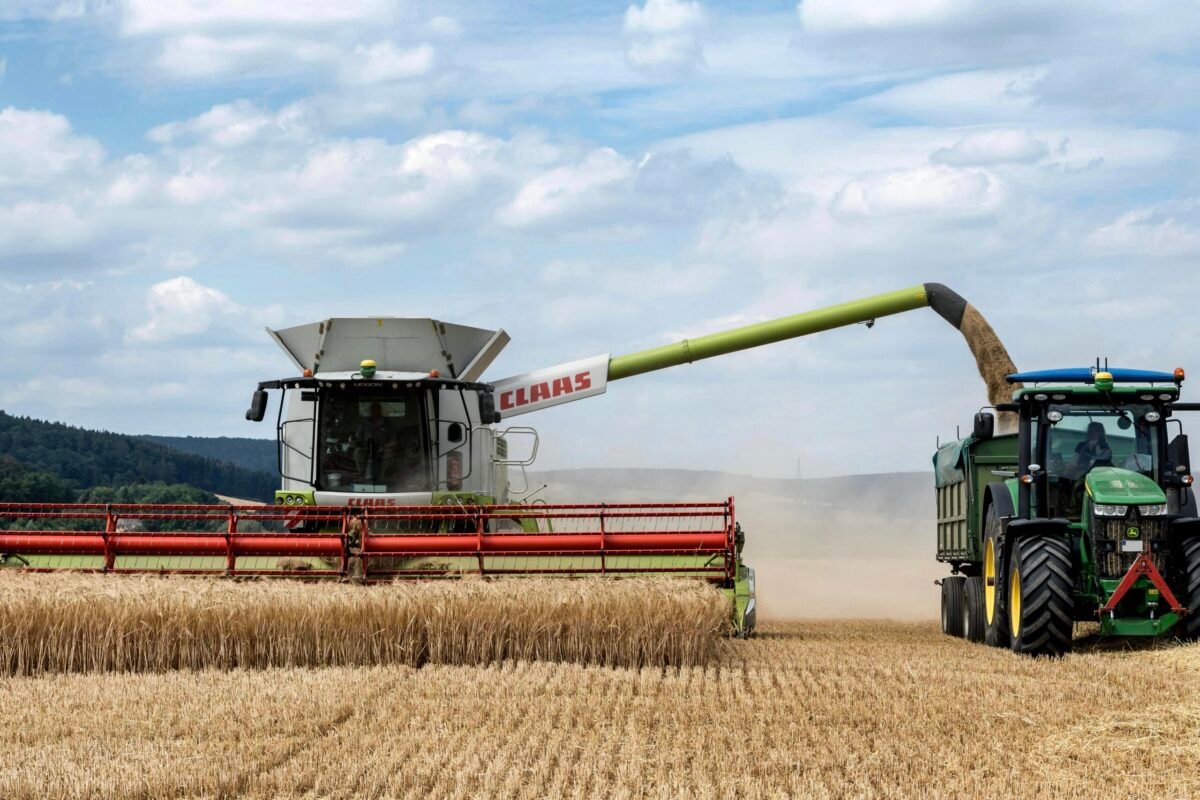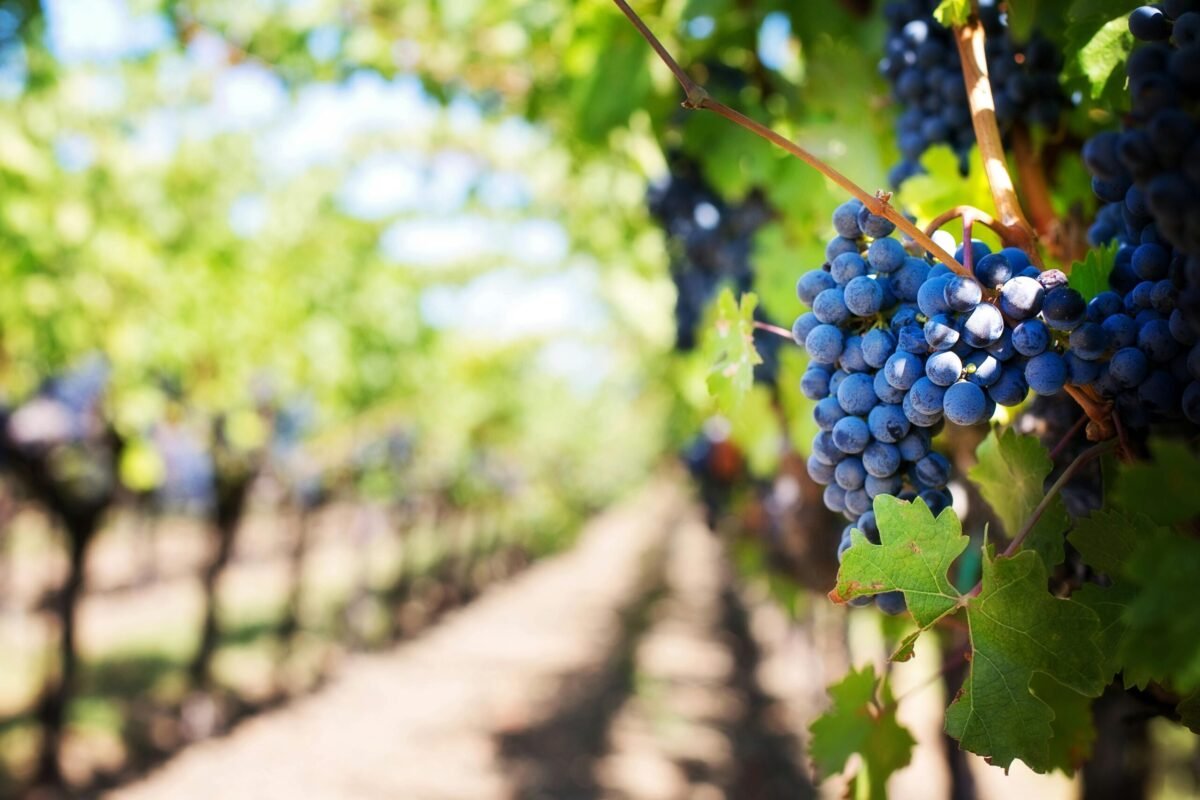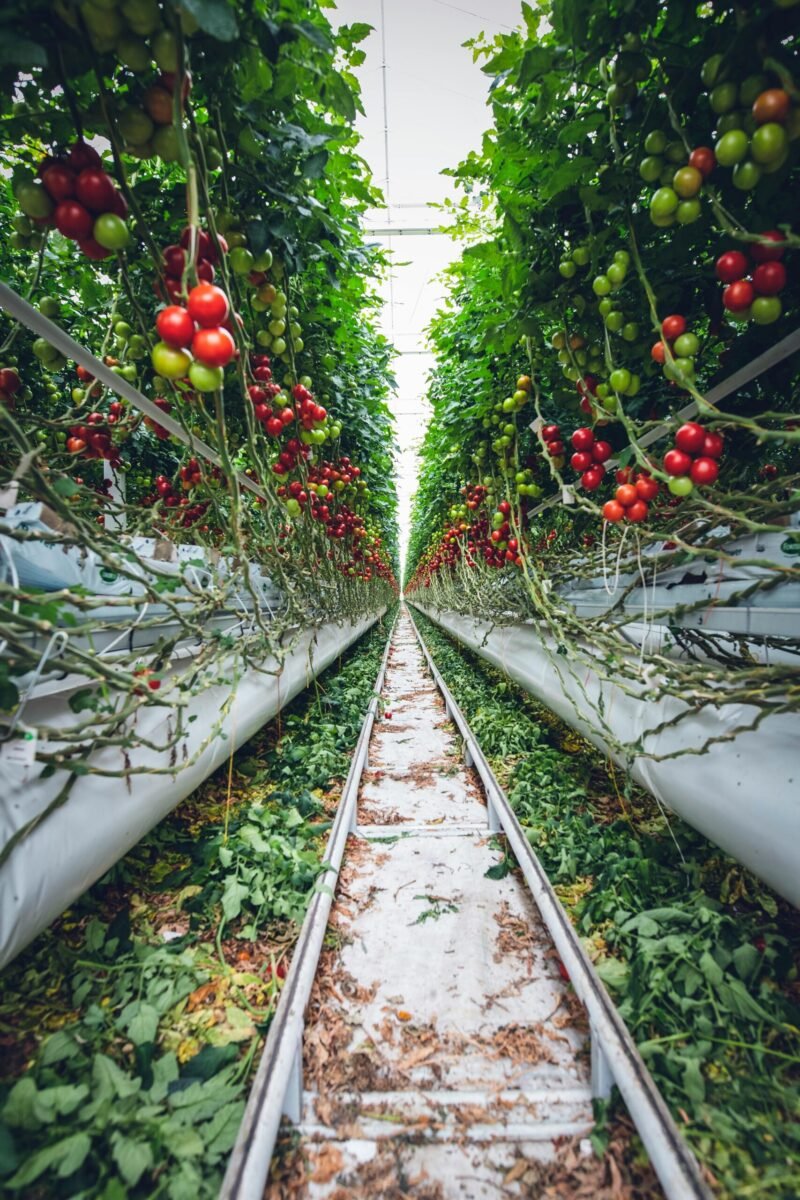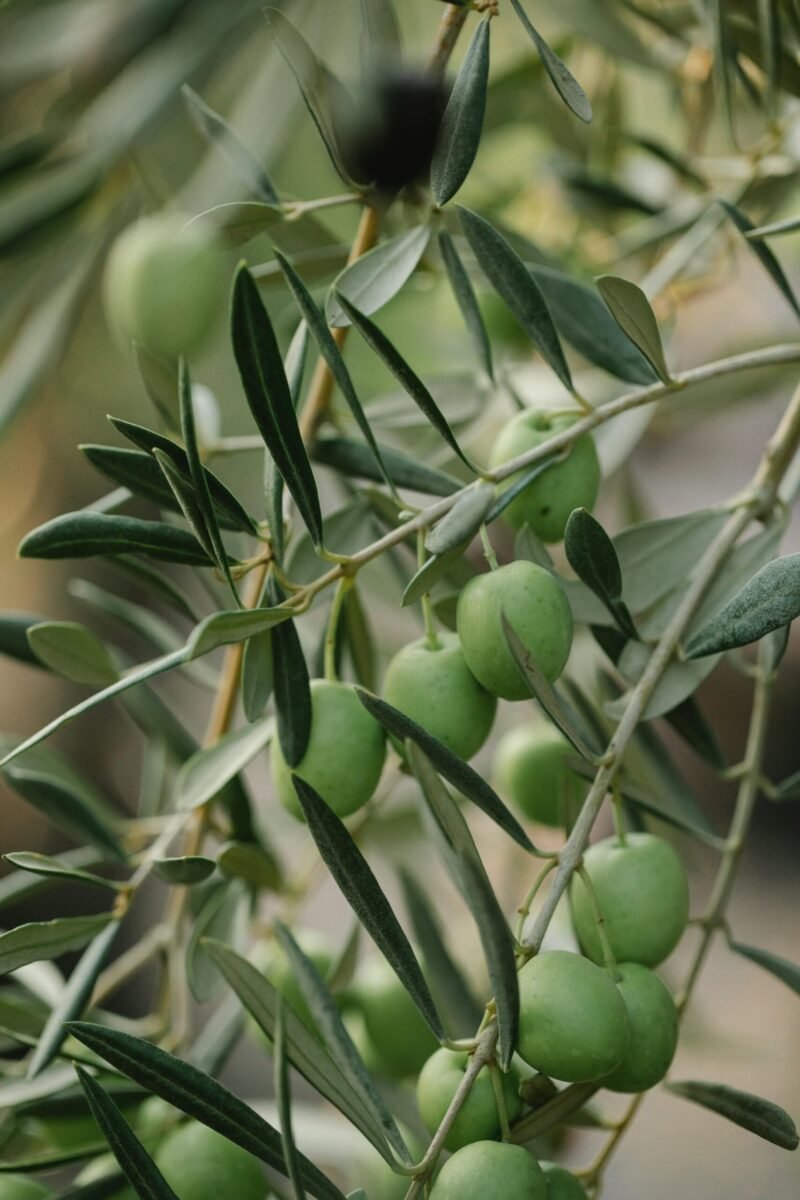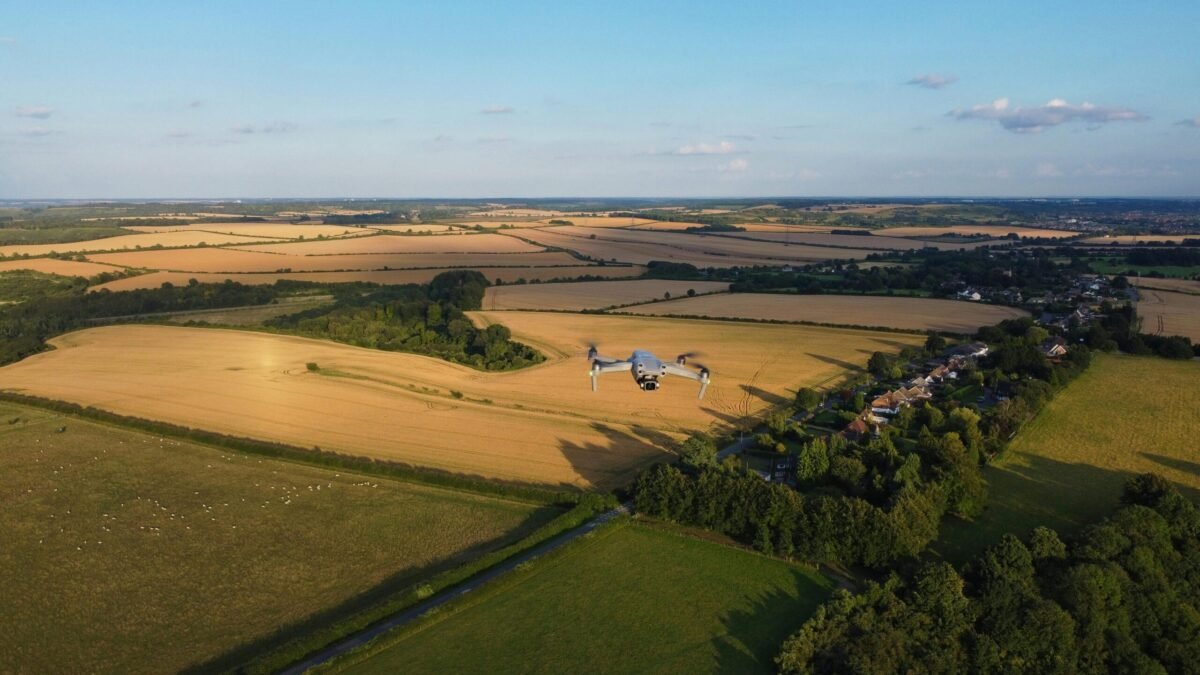In the face of climate change and growing food demands, sustainable farming is essential to preserving our planet’s resources. This article dives into how AI is transforming sustainable agriculture, with applications in precision farming, resource management, and beyond.
Why Sustainable Farming Matters Today
With the global population on the rise, sustainable farming is more critical than ever. Traditional agriculture often exhausts natural resources, using high volumes of water, fertilizers, and pesticides, leading to issues like soil degradation, water pollution, and biodiversity loss. Modern farmers face the challenge of producing more food with fewer resources. Here’s where AI in agriculture steps in, offering data-driven solutions that help farmers work smarter, reduce waste, and protect natural ecosystems.
Precision Agriculture: Enhancing Efficiency with AI
One of the biggest benefits of AI in farming is its role in precision agriculture. By analyzing data from satellite imagery, drones, and soil sensors, AI helps farmers make precise decisions on planting, watering, and fertilizing, ultimately reducing waste and maximizing yield.
- Soil and Crop Health Monitoring: With AI-driven sensors, farmers can track soil moisture, temperature, and nutrient levels in real time, optimizing the use of inputs and avoiding over-fertilization. This minimizes runoff and supports ecosystem health.
- Pest and Disease Detection: AI algorithms can detect early signs of crop diseases and pests, often before they are visible. Targeted treatment helps reduce pesticide use, promoting healthier crops with minimal environmental impact.
- Precision Irrigation: As water scarcity rises, AI-driven irrigation systems allow farmers to predict and deliver exactly how much water crops need, based on weather, soil, and crop data. This reduces water waste and supports sustainable water management.
Autonomous Machinery: Improving Efficiency and Reducing Emissions
AI is also driving innovation in autonomous farming machinery, creating labor-efficient, sustainable farming solutions with reduced environmental impact. Self-driving tractors, robotic harvesters, and drone sprayers equipped with AI are helping farmers automate tasks, saving on labor costs and cutting down on fuel use.
- Electric and Hybrid Machinery: Many autonomous machines are designed to be electric or hybrid, reducing the greenhouse gas emissions of traditional fuel-powered machinery. This shift contributes to a more sustainable agricultural system by lowering farming’s carbon footprint.
- Precision Harvesting: Autonomous machinery can optimize harvest timing, reducing food waste by ensuring crops are picked at their peak. This approach directly supports food sustainability by reducing waste at the farm level.
Resource Management with AI: Optimizing Inputs for Sustainable Farming
Efficient resource management is key to sustainable agriculture, and AI tools help farmers track, predict, and adjust input levels in real time, enhancing sustainability.
- Efficient Fertilizer Use: AI tools analyze soil data to identify nutrient deficiencies and suggest specific fertilizer applications, preventing over-fertilization and nutrient runoff that harms ecosystems and water supplies.
- Renewable Energy Integration: AI can help manage on-farm renewable energy sources, like solar panels and wind turbines, to optimize energy use and reduce costs. This contributes to a sustainable energy balance on farms and minimizes carbon footprints.
Climate Adaptation: AI for Resilience in Farming
With climate change bringing extreme weather patterns, farmers need resilient farming strategies. AI provides valuable tools for climate adaptation, helping farmers anticipate and mitigate the impacts of climate change on their crops.
- Climate Forecasting and Crop Modeling: AI can generate detailed weather forecasts and predict crop responses to various climate conditions, helping farmers plan planting schedules, choose climate-resilient crop varieties, and implement proactive measures against extreme weather events.
- Carbon Sequestration Monitoring: Some AI tools help track carbon sequestration efforts on farms, where carbon is captured in the soil. This contributes to greenhouse gas reduction, and AI aids in monitoring and optimizing these carbon-capturing practices.
The Future of AI-Driven Sustainable Farming
AI in agriculture is rapidly evolving. As machine learning advances, farmers can expect even more precise and accessible tools for sustainable farming, such as real-time environmental monitoring and enhanced soil regeneration techniques.
Yet, challenges remain. High upfront costs and the need for technical expertise can be barriers to AI adoption, particularly for small-scale farmers. However, as technology continues to develop, affordable and accessible AI solutions will likely become available to a broader range of farmers.
Conclusion
AI is shaping a new era in sustainable agriculture, helping farmers boost efficiency, reduce resource consumption, and navigate climate challenges. By adopting AI in farming practices, we can build a sustainable agricultural system capable of meeting the demands of a growing population while preserving the planet. As AI technology advances, it promises even greater levels of efficiency, resilience, and environmental sustainability, laying the foundation for a greener future in agriculture.

